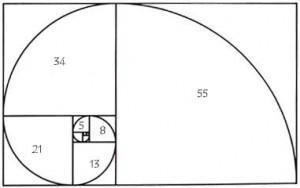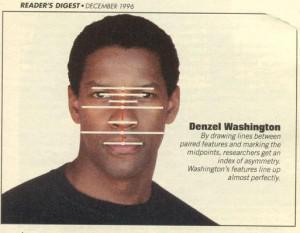 I decided to move away from fiction for this week’s Indie Ink and move into a discussion because I would love to hear your opinion on this.
I decided to move away from fiction for this week’s Indie Ink and move into a discussion because I would love to hear your opinion on this.
When I got this prompt I had to ask my challenger why he had challenged me for it because in the end, this quote is so much in tune with my career story that no matter how much I tried to fit it into fiction, I had to sort of discuss this.
The quote is one by Paul Erdos, a famous Hungarian mathematician (20th Century) who wasknown for his absolute brilliance.
“Why are numbers beautiful? It’s like asking why is Beethoven’s Ninth Symphony beautiful. If you don’t see why, someone can’t tell you. I know numbers are beautiful. If they aren’t beatiful, nothing is.”
Did you know that I’m a bit of a nerd?
Yes, I played the piano from primary school all the way through high school, and even now, when find myself absolutely stressed, I can still spend hours plonking away on a keyboard and it calms me.
I also took part in many a Math Olympiad in high school – along with many of my nerdy friends – reaching to the national level (seriously).
And then I studied Architecture and learned even more about how the seemingly detached topics of numbers, beauty, music and architecture are in actuality completely entangled.
Right now you’re scratching your head and going what? What is she talking about? Beauty and Numbers and Music and Architecture? What do any of these have to do with anything else or with each other at all?
Music, Architecture and even Beauty are able to be grouped together because they are all based on the man-made numerical concept.

The numerical base behind Architecture may be a bit harder for the layman to understand. When one thinks of Architecture, what do you think of first? Most people would think of how beautiful the building is, how interesting it looks, what must have been going through the Designer’s mind. You do not think of the proportion in design, the engineering that went into transferring the design from paper to reality, the time that was put in pre-construction, during construction and even post-construction just to make this a workable yet beautiful, semi-permanent, functional work of art.
I even would like to bring up the fact that Architecture has been compared to music many times because of the effort that goes into figuring out and perfecting their numerical backgrounds just to produce the works of art that we enjoy. My favorite quote that links architecture to music is from Friedrich Wilhem Joseph von Schelling, “Architecture is music in space, as it were a frozen music“.
Architecture and music thrive on proportion of numerical entities, be it timing, physicality or illusion.

from Readers' Digest (December 1996)
In the same way, beauty is based upon the numerical concept as well.
It is said that the actor, Denzil Washington is one of the most beautiful people in the world. Why? Because his face is almost exactly symmetrical. The proportions of it are perfect. He is beautiful, because his numbers add up in just the right way. Society agrees that his numerical code is one of those closest to the societal view of perfection in human appearance. Whether or not you agree, is a completely different argument.
So for those of you who went through school asking what are the use of numbers, I’ve just shown you how three common aspects of life that we pass by and ignore everyday, are linked by a numerical code of some sort.
So, from the first time a caveman beat a stick on a rock to create “rhythm”, to Da Vinci experimenting with proportion, to Vesuvius pontificating about the Golden Mean and the Fibonacci series being the basis of life much less architectural proportion and ergonomics, to Le Corbusier stipulating that perfect spaces are based upon the modular man, to the magazines insisting on how we should and should not look to create the societal opinion of beauty, we can see that it’s all based on a numerical background.
Can you honestly deny that you haven’t heard a piece of music and not have it evoke some sort of emotion? Or seen a building or a house and had it evoke a reaction? Or seen a “beautiful” man or woman and done a double take? If these things are beautiful, then they must be beautiful to their core – and that core comprises of number.
Therefore, should we even be asking why or if numbers are beautiful?
They are beautiful because, when man created numbers to somehow create and document order in his life, he inadvertently created a concept that would define, among other things, what we now see as beauty.
So, if the basis of visual, physiological and auditory beauty sits in the man-made numerical concept, the how can numbers be anything else BUT beautiful?
***********************************************************************************************************************************************************************************************
For the IndieInk Writing Challenge this week, Wendryn challenged me with “Why are numbers beautiful? It’s like asking why is Beethoven’s Ninth Symphony beautiful. If you don’t see why, someone can’t tell you. I know numbers are beautiful. If they aren’t beautiful, nothing is. – Paul Erdos” and I challenged Kirsten Doyle with “the challenge you came up with”.
